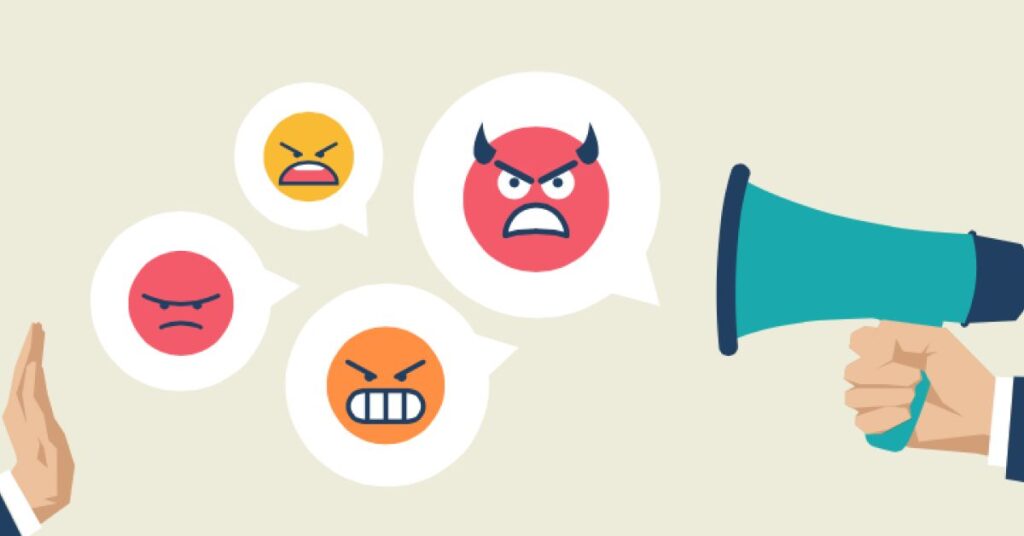In today’s digital age, hate speech can infiltrate the lives of our children both online and offline. As parents, it is crucial to engage in open and honest conversations with our children about hate speech, enabling them to recognize it and respond appropriately.
This guide explores the facts surrounding hate speech, effective ways to communicate with your child about it, and steps to take if your child encounters hate speech.
Hate Speech Facts

What is hate speech?
Hate speech encompasses any form of communication, be it speech, writing, or behavior, that discriminates against a person or group based on identity factors such as religion, ethnicity, race, gender, or sexual orientation.
It extends beyond words, manifesting in various mediums like images, videos, and online content, aiming to provoke fear, distress, and even incite violence.
How are children affected?
Children and young people are particularly vulnerable to hate speech, both online and offline. Exposure to hate speech can negatively impact their self-esteem, mental health, and even lead to thoughts of self-harm or suicide. Hate speech can also incite real-world violence, making it imperative to address and counteract.
Hate speech vs free speech
While freedom of expression is a fundamental human right, hate speech limits this freedom as it threatens the well-being and safety of those targeted. It’s crucial to distinguish between expressing disagreement or criticism and using language that promotes hatred and discrimination.
What is trolling?
“Trolling” refers to provocative online behavior seeking reactions. When trolling involves promoting hatred and discrimination based on identity factors, it transforms into hate speech. Trolls often hide behind anonymity, making identification challenging.
How to Talk to Your Children about Hate Speech
Initiating Conversations
Conversations about hate speech, racism, and discrimination may be uncomfortable, but creating a safe space for your child to express their thoughts is essential. Tailor your approach to your child’s age, using age-appropriate language, and fostering open communication.
Educating Your Child
Teach your child that everyone deserves to be safe and treated with dignity. Explore what hate speech is, its targets, motivations, and the emotions it evokes. Encourage curiosity and an open attitude towards others to combat ignorance.
Hate Speech Online
Given the prevalence of hate speech online, be aware of your child’s internet activities. Discuss their online experiences, emotions, and how to recognize hate speech. Educate them on reporting and blocking tools available on various platforms.
Frequently Asked Questions
What should I do if my child experiences hate speech?
All forms of hate speech should be taken seriously. Listen and reassure your child, making them feel heard and supported. Depending on the context, report incidents to the school, social media platforms, or even the police if necessary.
How to handle hate speech at your child’s school?
If the hate speech originates from a fellow student, document evidence and report it to the school. Discuss with school authorities on protecting your child and addressing the issue promptly and non-violently.
What if the hate speech is from someone outside the school?
For hate speech from external sources, document evidence and consider reporting it to the police if safety concerns arise. Be proactive in safeguarding your child both within and outside the school environment.
How to address hate speech online?
Record evidence and report hate speech on social media platforms. Familiarize yourself with the reporting tools on popular platforms, ensuring your child knows how to block or restrict the sender.